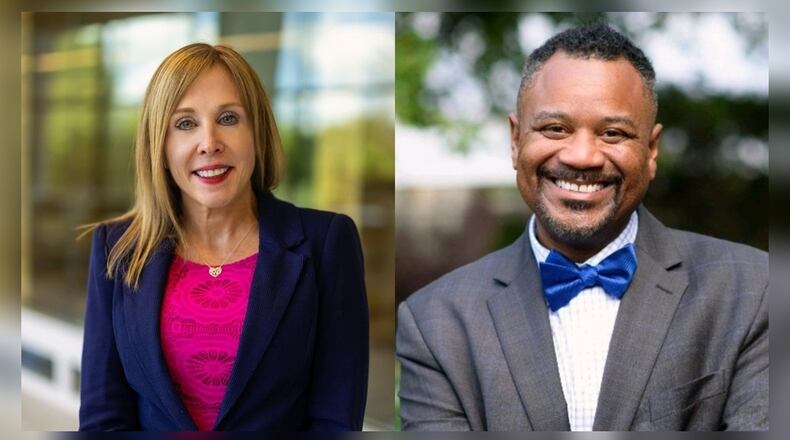Traditionally, data analysis in higher education has focused on job market trends and skills needed to shape program development. While this approach is valuable, it often neglects to consider the accessibility of these opportunities to marginalized communities. The accreditation process provides a platform to rectify this oversight. By scrutinizing programs for their impact on underserved populations through the lens of institutional mission, colleges and universities alike can tailor offerings to create pathways that lead to meaningful employment and economic mobility.
One of the key mechanisms for driving innovation through accreditation is the rigorous examination of program effectiveness across the entire institution. This entails more than just assessing course completion, enrollments, graduation rates, and job placements. Institutions must delve deeper, disaggregating data by protected classes, such as age, race, Pell-eligibility or income level, and preparedness to ensure equitable outcomes and student success. Moreover, post-graduation tracking offers invaluable insights into the long-term success of students, enabling colleges to refine their approaches and interventions.
To truly harness the power of accreditation for transformative change, institutions must adopt a proactive stance towards innovation. College committees—comprised of internal and external experts from diverse backgrounds—can and should play a pivotal role in collecting and analyzing data that goes beyond mere numbers, providing contextual understanding of the challenges faced by underserved communities. Similarly, curriculum committees should continuously evaluate the relevance and efficacy of existing programs in driving innovation within the workforce.
Crucially, the potential for accreditation to drive equity extends beyond the confines of the campus. By strategically aligning educational initiatives with broader societal needs, colleges can become agents of change in distressed communities. By prioritizing innovation and equity in accreditation processes, institutions could break the cycle of poverty and empower individuals to build generational wealth.
However, realizing this vision requires a fundamental shift in institutional culture. Rather than treating reaffirmation as a bureaucratic exercise, colleges must approach it with intent and purpose—and a recursive focus on their mission. This means eschewing last-minute preparations in favor of sustained efforts to drive meaningful change. This shift also means that the leadership of the institution—from the governing body of the institution to the president—must be engaged in accreditation processes and recognize the unharnessed opportunity that reaffirmation and accrediting processes represents for their institutions. By embracing innovation as a core tenet of accreditation, institutions can pave the way for a more equitable and inclusive higher education landscape.
Accreditation holds immense potential as a driver of innovation and equity in higher education. By reframing the reaffirmation process as an opportunity for transformative change, institutions can leverage accreditation to uplift underserved communities and foster long-lasting societal impact. Only through a concerted effort to prioritize innovation and equity can colleges truly fulfill their mandate to serve all students, regardless of background or circumstance.
“In a democratic society we must live cooperatively, and serve the community in which we live, to the best of our ability. For our own success to be real, it must contribute to the success of others.” ― Eleanor Roosevelt
About the co-authors
Merrill L Irving Jr. serves as the senior executive of Advisory Services at Ferrilli, a higher education consulting firm. He has more than 27 years of experience in higher education. As a former college president, Irving was named College President of the Year by the Minnesota State College Student Association (LeadMN) in 2017 for his dedication to equity, inclusion and student success.
Jo Alice Blondin serves as president of Clark State College, as the chair of the Higher Learning Commission and on the board of the National Council for Workforce Education. She has served as president for 11 years and as chancellor of Arkansas Tech University-Ozark for seven years before that. Blondin focuses efforts on realizing the mission of the institutions she has served, and is known for her student-centered approach and her emphasis on workforce development.
Blondin is a News-Sun Community Commentary contributor.
About the Author
